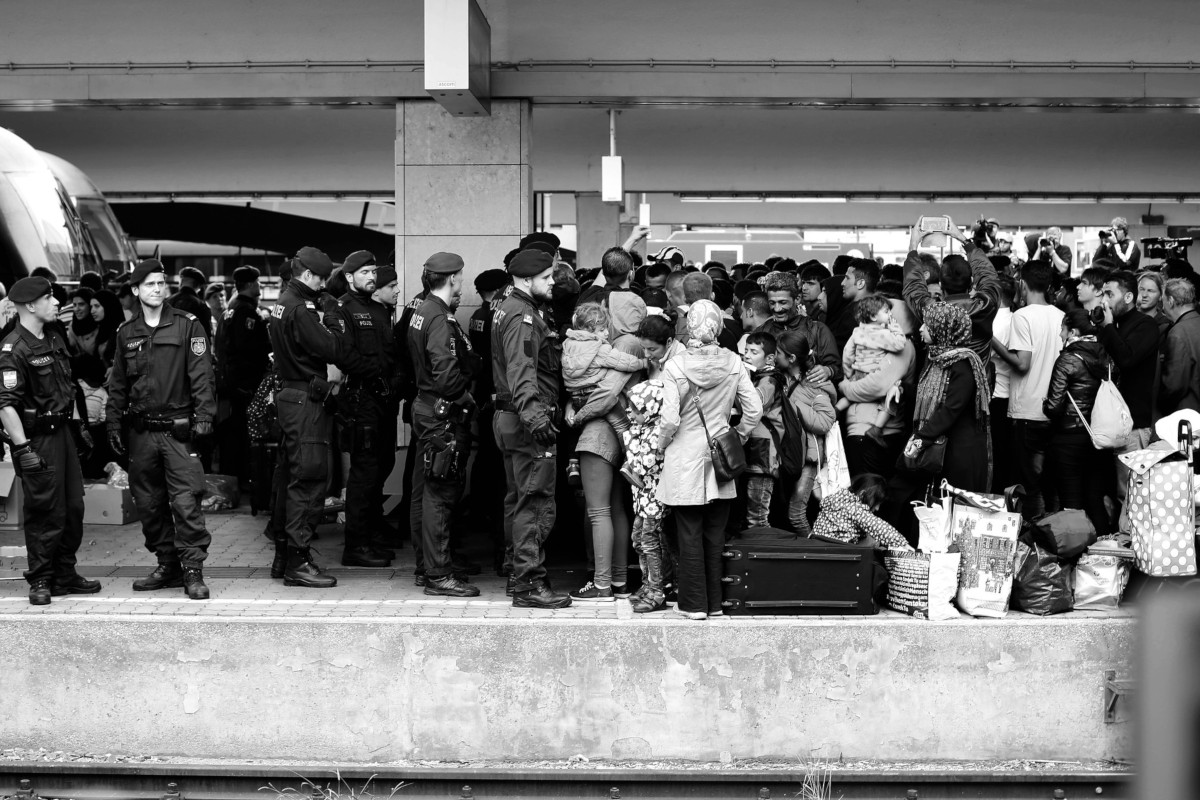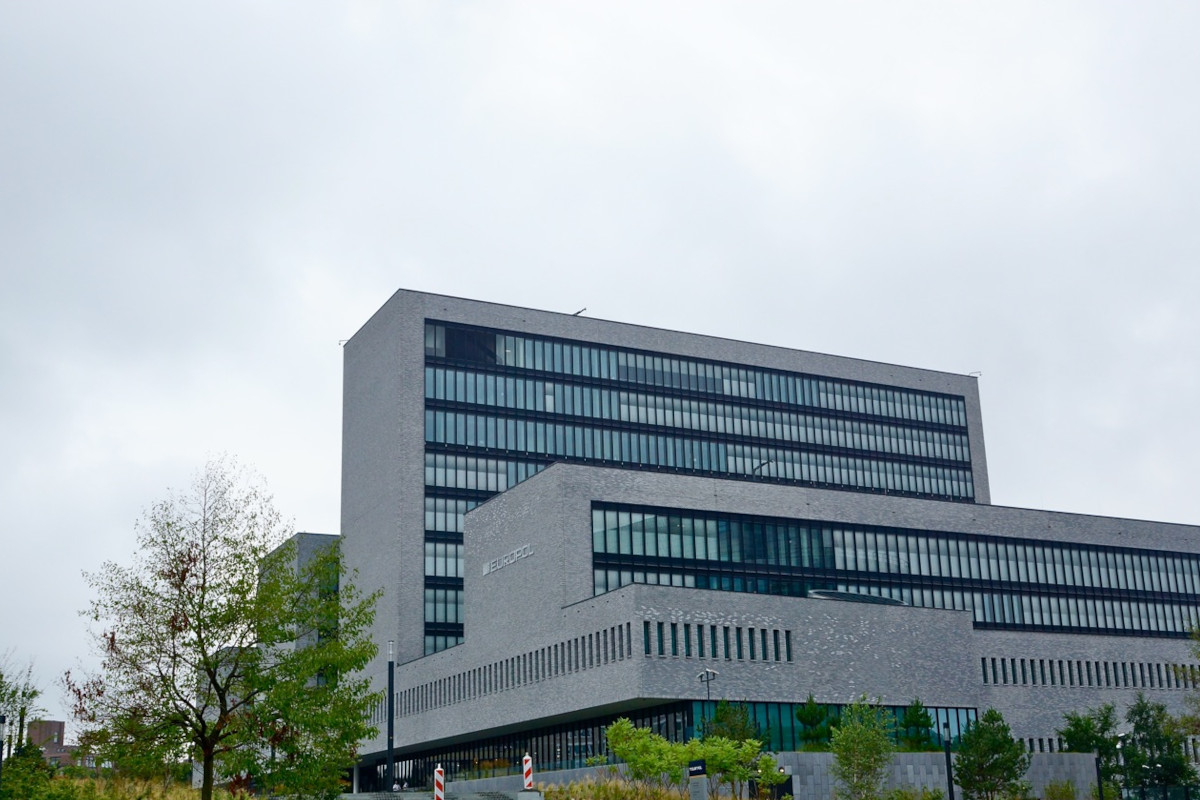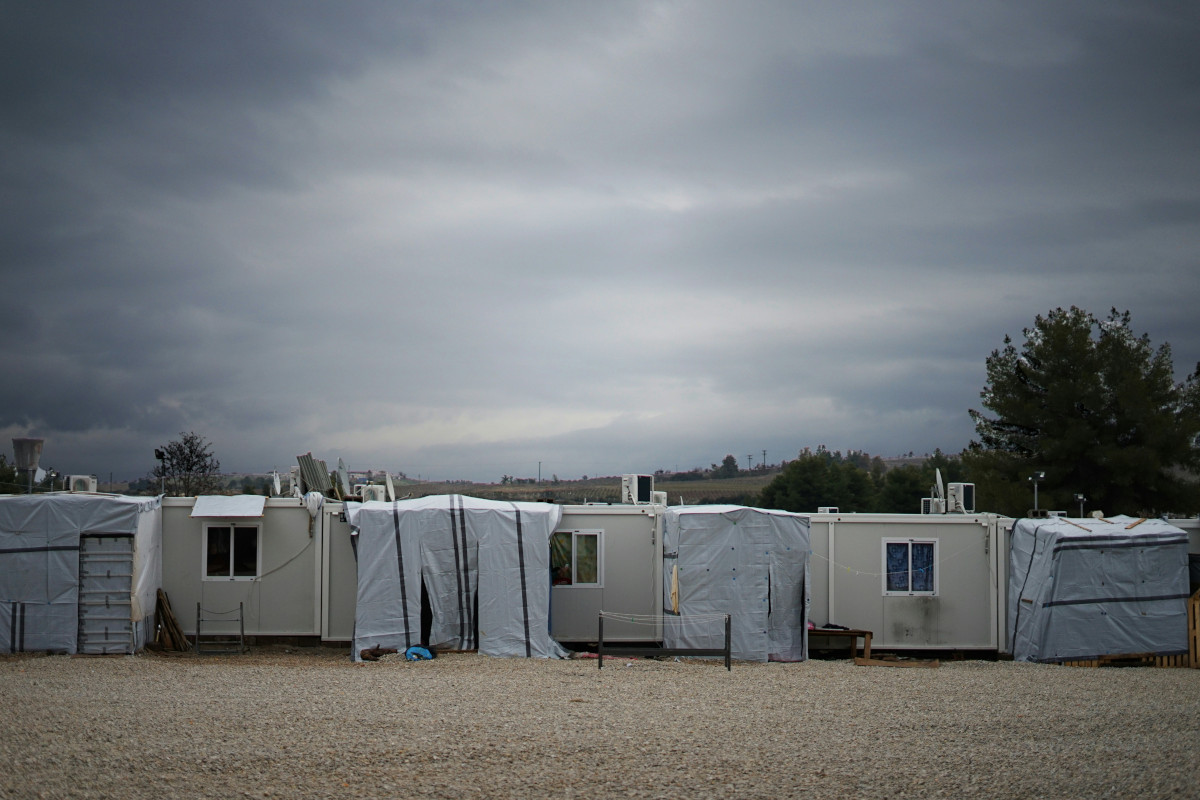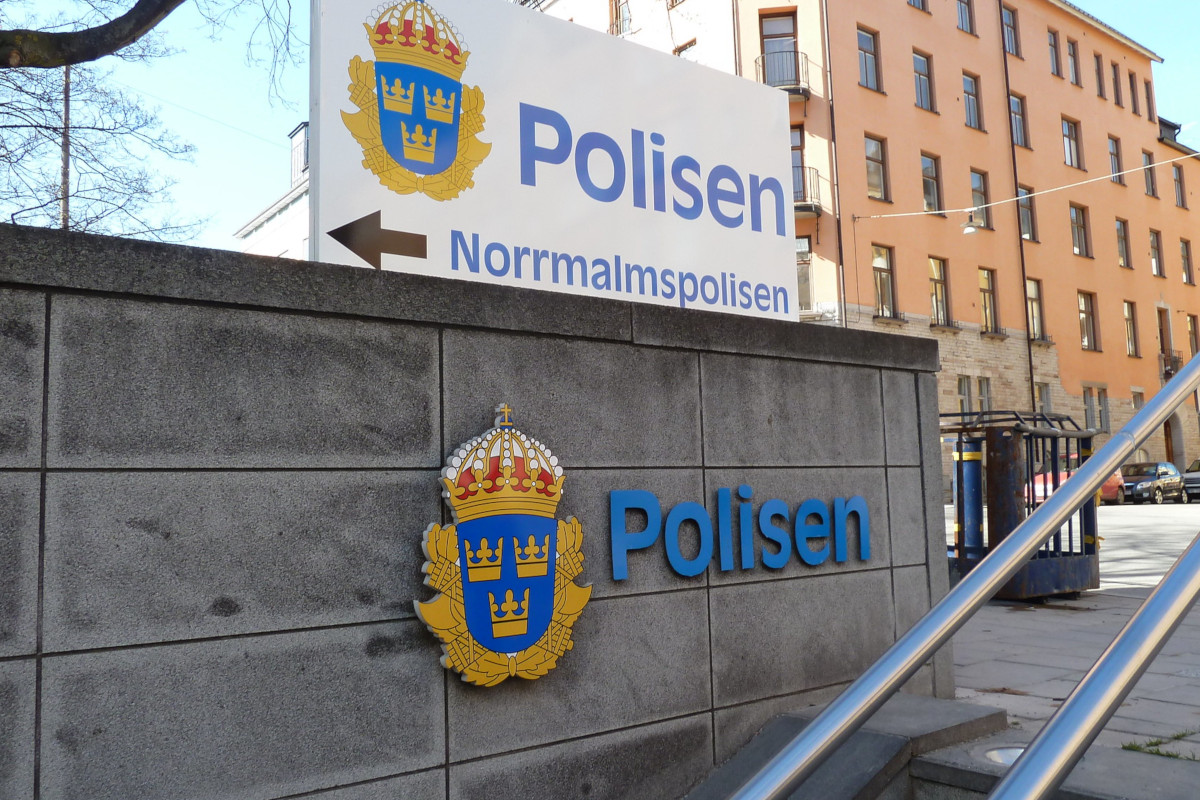EU: Council lowers threshold for migrant smuggling prosecutions
Topic
Country/Region
15 July 2024
EU institutions are discussing proposed changes to the law criminalising the facilitation of irregular migration, which has also been used to criminalise migrants and individuals acting in solidarity with them. The Belgian Council presidency presented a revised draft to other EU member states at the end of May, which would simplify the criminalisation of irregular entry, amongst other things. The draft will serve as the basis for further discussions within the Council, with Hungary now in the presidency role until the end of this year.
Support our work: become a Friend of Statewatch from as little as £1/€1 per month.

Image: Josh Zakary, CC BY-NC 2.0
This article is published in cooperation with the Platform for International Cooperation on Undocumented Migrants (PICUM).
Criminalising migration, criminalising solidarity
In recent years there have been increasing calls from academics, civil society organisations and experts for the revision of the EU’s 2002 Facilitation Directive, to stop the ongoing criminalisation of migrants and people acting in solidarity with them.
However, a 2023 proposal from the European Commission to revise the Directive would not only fail to prevent the widespread criminalisation of migration and solidarity, but would likely dramatically increase it, according to a recent analysis by the Platform for International Cooperation on Undocumented Migrants (PICUM).
In 2023 alone, at least 117 individuals faced criminal or administrative proceedings for acting in solidarity with migrants in the EU, and at least 76 migrants were criminalised for crossing borders.
These numbers, alongside extensive reports by civil society organisations, show that counter-smuggling legislation often harms, rather than protects, migrants’ safety and their rights. In spite of this, the European Commission is vowing to commit more resources and efforts to counter smuggling.
Belgian Presidency redraft
The Belgian Council presidency’s redraft (pdf) of the proposed Directive, which was circulated within the Council on 31 May, confirms that most member states are against the inclusion of a “financial or material benefit” element in the definition of the criminal offence of facilitation, as already indicated by a previous “non-paper”.
The presidency proposes dividing the offence into two parts. Firstly, For the facilitation of irregular entry into or transit through an EU member state, criminal sanctions would apply even if the facilitator did not receive any financial or material benefit.
However, the existence of any such benefit would be considered as an aggravating circumstance, increasing the sanction from a minimum maximum of one year imprisonment to three.
Secondly, the financial requirement would remain part of the definition of “facilitation of irregular stay,” as is currently the case under the 2002 Directive.
Humanitarian exemption
In addition, the presidency proposes two options for exempting humanitarian activity from criminal prosecution, in article 3.
The first, inspired by the Council of Europe Convention against Trafficking in Human Organs, would clarify that the facilitation of irregular entry and transit does not include humanitarian actions or other assistance “aimed at meeting their [migrants’] basic human needs, in order to preserve their human dignity or physical and mental integrity.”
The second would require states take “the necessary measures to ensure that humanitarian assistance, or any other assistance aimed at meeting their [migrants’] basic human needs, in order to preserve their human dignity or physical and metal integrity” is not criminalised.
Limiting “basic human needs” and family members
The redraft further limits what “basic human needs” are under an amended recital 7, which would clarify that this includes food, personal hygiene and a place to stay, and ensuring that people are not put “in a state of degradation incompatible with human dignity.”
The text introduces a further limitation to recital 7, narrowing down the definition of family members (who would be exempt from criminalisation) to spouses or unmarried partners in a stable relationship, parents, children and siblings.
Removal of public instigation offence
The Commission’s proposal includes the offence of “publicly instigating” irregular entry, transit, or stay, a move that was sharply criticised by UN Special Rapporteur on Human Rights Defenders, amongst others.
The Special Rapporteur highlighted the serious risk that this provision would be used against civil society organisations and have a chilling effect on the much-needed provision of information and services to migrants.
The presidency redraft deletes this offence. Member states had previously raised concerns about the proposal, with the German delegation commenting that “this affects freedom of expression and possibly also freedom of the press. This should be avoided.”
Other changes
On the structure of the offences, the Belgian presidency’s redraft moves proposed aggravated criminal offences to article 6, dealing with penalties for natural persons.
In addition, the presidency suggests lowering the level of sanctions, criminalising the facilitation of irregular transit, entry or stay with a minimum maximum of one year imprisonment, which would increase to three if there is the additional criterion of financial benefit .
The presidency also suggests to add a new article (8a) on freezing and confiscation of instrumentalities and proceeds, to shorten the limitation periods (article 11), and proposes some changes to article 12 on jurisdiction, making some of the grounds optional.
New powers for Europol
On 19 June, the Council agreed its negotiating position on the Regulation to reinforce police cooperation and Europol’s role in the fight against migrant smuggling and trafficking in human beings, which was proposed by the Commission together with the proposal for a new Facilitation Directive.
The Council’s position deletes swathes of the provisions proposed by the Commission, and the final negotiating mandate is broadly the same as the text published by Statewatch in May.
Documentation
- Proposal for a Directive of the European Parliament and of the Council laying down minimum rules to prevent and counter the facilitation of unauthorised entry, transit and stay in the Union, and replacing Council Directive 2002/90/EC and Council Framework Decision 2002/946 JHA - Presidency redraft (Council doc. 10569/24, LIMITE, 31 May 2024, pdf)
---
Author: Marta Gionco, PICUM
Our work is only possible with your support.
Become a Friend of Statewatch from as little as £1/€1 per month.
Further reading

New EU migrant smuggling law: member states keen on maximum criminalisation
The EU is moving towards adopting a renewed law to criminalise migrant smuggling, and member states in the Council have started making progress towards a position for negotiations with the Parliament. Some governments appear to favour maximum criminalisation, calling for a broad definition of smuggling to facilitate prosecutions – a position that has been taken on board by the Belgian Council Presidency in an initial compromise text.

Europol migrant smuggling proposal torn to shreds by the Council
The Belgian Presidency of the Council of the EU has proposed gutting the Commission’s proposal to increase Europol’s powers in human smuggling and trafficking cases. There is little that remains of the original proposal, aside from new “Operational Task Forces” led by member states (with a support role given to Europol) and a limited mandatory exchange of information on smuggling and trafficking investigations.

Putting the cart before the horse: the Commission’s proposal to increase Europol's powers
Hounded by criticism from civil society and EU member states over its new proposal to increase the powers of Europol, the European Commission has belatedly published an “analytical document” in lieu of a formal impact assessment. The new proposal would lead to the storage of vast quantities of information by Europol on human smuggling and trafficking cases, intended to increase investigations and prosecutions. However, the Commission’s document offers a minimal analysis of the potential impact on individual rights, particularly of people in vulnerable situations, and the data protection safeguards at Europol are inadequate for the proposed changes.
Spotted an error? If you've spotted a problem with this page, just click once to let us know.

